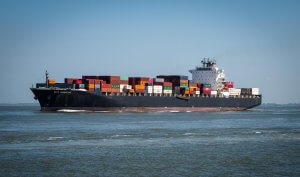As maritime decarbonization accelerates, the use of biofuels is emerging as a key strategy to reduce greenhouse gas (GHG) emissions. But with new regulations from FuelEU Maritime and the IMO’s upcoming Net Zero Framework, charterparty and fuel supply agreements must evolve to keep pace.
Starting in 2025, FuelEU regulates GHG intensity onboard ships, with global IMO rules expected to follow in 2028. Charterers who manage fueling responsibilities are likely to seek biofuels as a way to meet emissions targets and avoid penalties.
However, most standard time charterparties were not written with biofuels in mind. They often lack clauses covering handling procedures, technical compatibility, or ownership terms for these higher-cost fuels.
To ensure compliance and protect all parties involved, contracts must now specify fuel quality standards, accepted feedstocks, and sustainability documentation. Without proper proof, even high-quality biofuels may not qualify for emissions reductions under EU or IMO rules.
Incorrect handling of biofuels also presents a physical and financial risk to vessel owners. Charterers must protect themselves by clearly assigning responsibilities and costs, especially when transferring title of fuel during delivery or redelivery.
Failing to address these issues can leave charterers unable to claim compliance benefits—despite paying a premium for alternative fuels. Worse yet, they could be liable for penalties under the tightening web of GHG regulations.
To stay ahead, all chartering parties should audit current and future agreements to ensure biofuel-specific risks, rewards, and responsibilities are clearly defined. Clipper Oil encourages industry stakeholders to work with experienced advisors to navigate this complex but critical shift.



